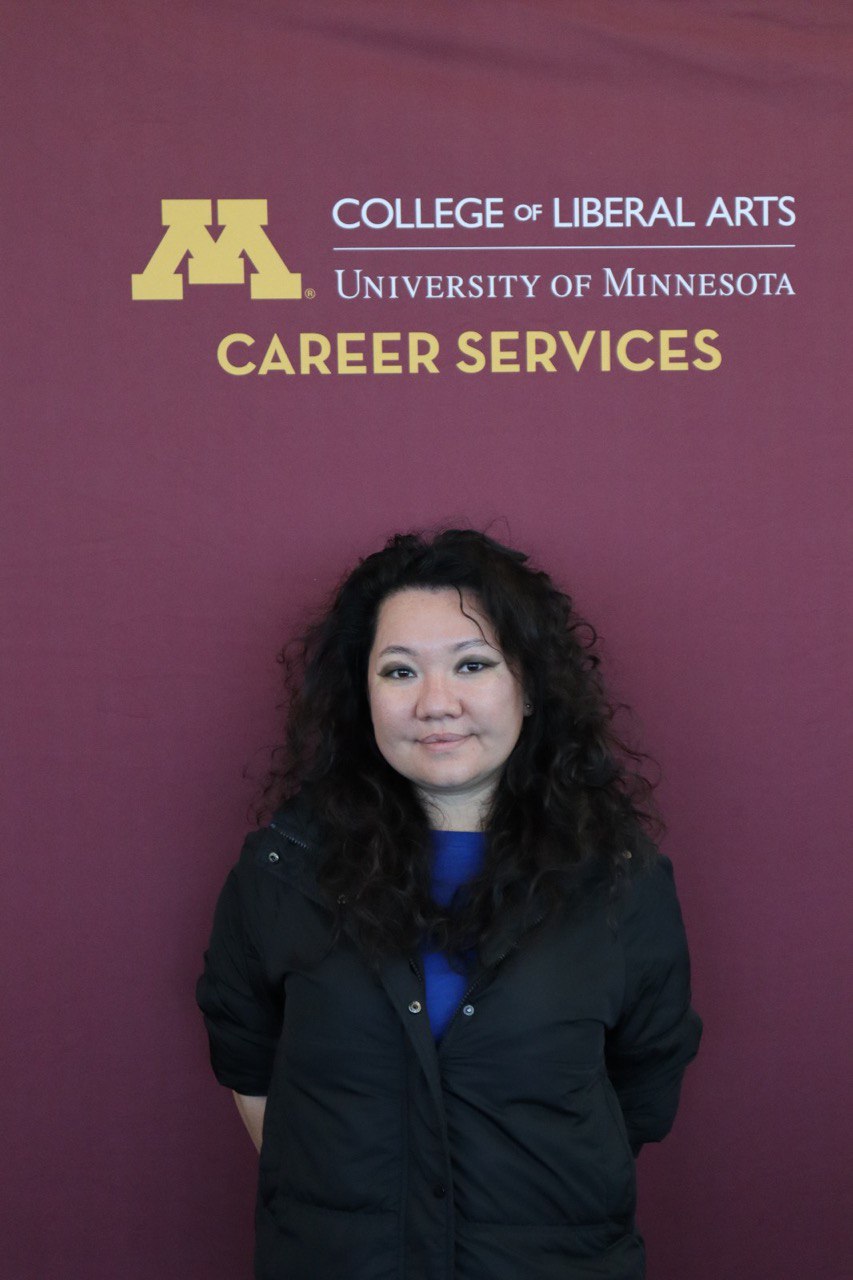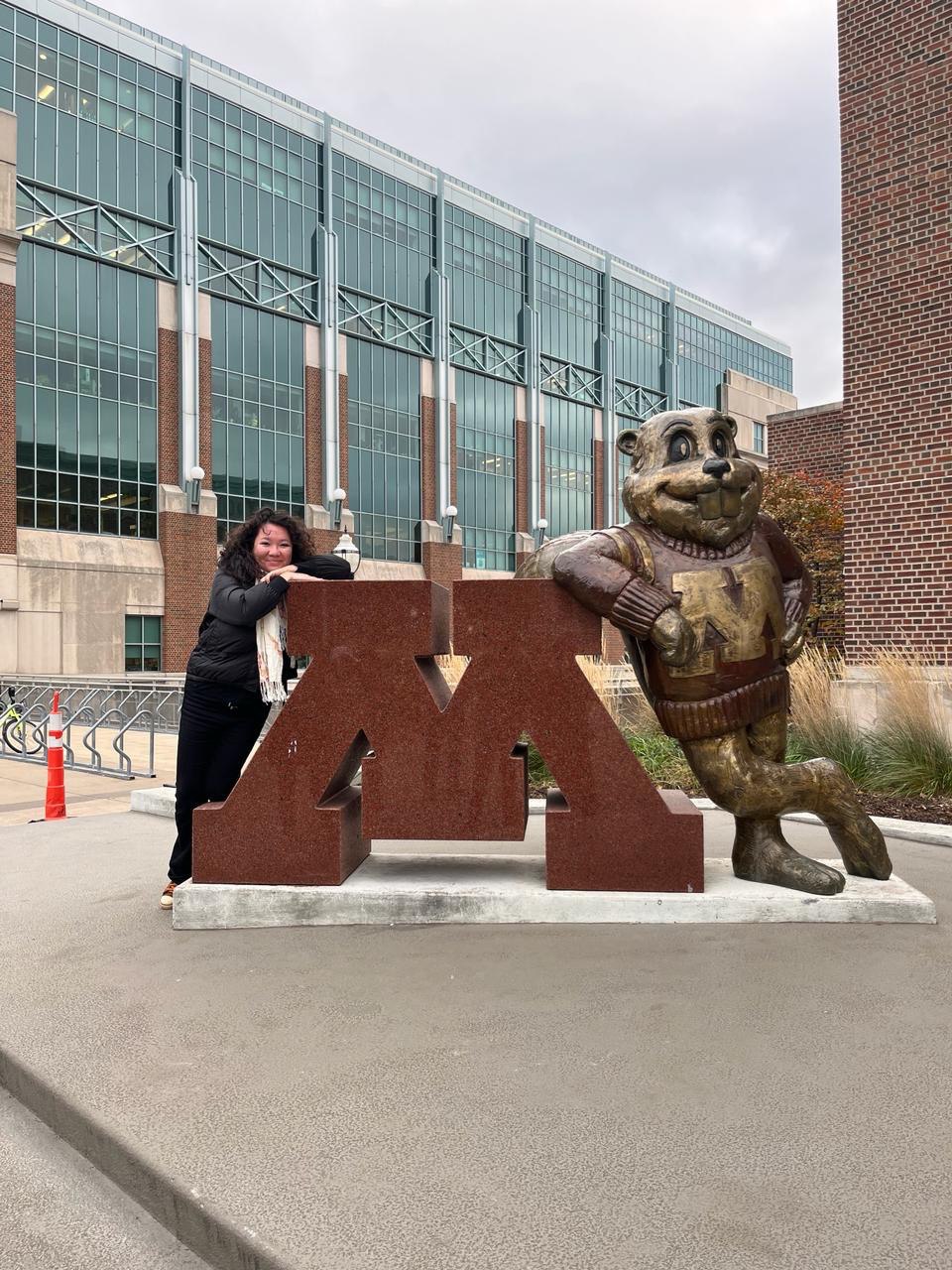Published:
Dilara Zhumagul, originally from Aktobe, is currently undertaking a research internship with the «500 visiting scholars» program at the University of Minnesota. The university holds a prestigious place among the top 30 best universities in the USA. Dilara focuses on applied linguistics, systemic-functional linguistics, and multilingualism.
Before starting the internship, Dilara worked at the international department of the Heriot-Watt University branch in Aktobe. As she notes, there she gained immense experience in teaching according to Western academic standards.
While the University of Minnesota may not be the oldest institution in North America compared to Ivy League universities, it stands out as one of the leading and largest research centers in the world.
Can you share some of your individual discoveries? Who supports you in your studies?
«In my research on multilingualism, I am deeply involved in studying systemic-functional linguistics (SFL) — a linguistic theory developed by Michael Halliday and his colleagues in the mid-20th century. The internship program at the University of Minnesota is well-structured, with clearly defined goals, objectives, methods, and timelines for each module, along with feedback mechanisms that help identify areas needing improvement. Perhaps the most significant and valuable advantage for me is the availability of individual mentorship from American professors. Mentors help students identify their professional interests and goals, guide them in choosing courses, projects, and career development opportunities. During the internship, I have access to numerous scientific works in my research field, which accelerates and simplifies the process of establishing contacts in academic circles», said Dilara.
How can multilingualism be developed in Kazakhstan?
«I realize that developing multilingualism in Kazakhstan is an ambitious national-scale project from the outset. In my view, much has already been done in this regard, but there is still a lot more to be accomplished. Multilingualism represents a broad approach to language analysis, focusing on how language is used to create meaning and ensure communicative functionality in various contexts. During my internship, I am studying this issue in detail and observing how multilingualism programs work in the USA. I may recommend some practices for implementation in Kazakhstan since the USA is also a multilingual country. Multilingualism can significantly impact social adaptation in different environments. In some cases, it can be an advantage as it facilitates communication with people from different cultures and countries, broadens social networks, and career opportunities. However, in other situations, multilingualism can lead to misunderstandings or communication problems, especially if one lacks the skill to choose the appropriate language and style for a particular context. Overall, the ability to switch flexibly between languages can be both an advantage and a challenge, depending on the context and the individual's skills», the scholar explained.
What innovations are you ready to introduce upon returning to Kazakhstan?
«From the beginning of the internship, I have been keeping a journal where I record original ideas that I would like to implement in the higher education system in Kazakhstan. Among other things, I consider it essential to develop academic culture among Kazakhstani educators and students. I would also like to pay special attention to issues related to the development of inclusion in education», concluded the linguist.

